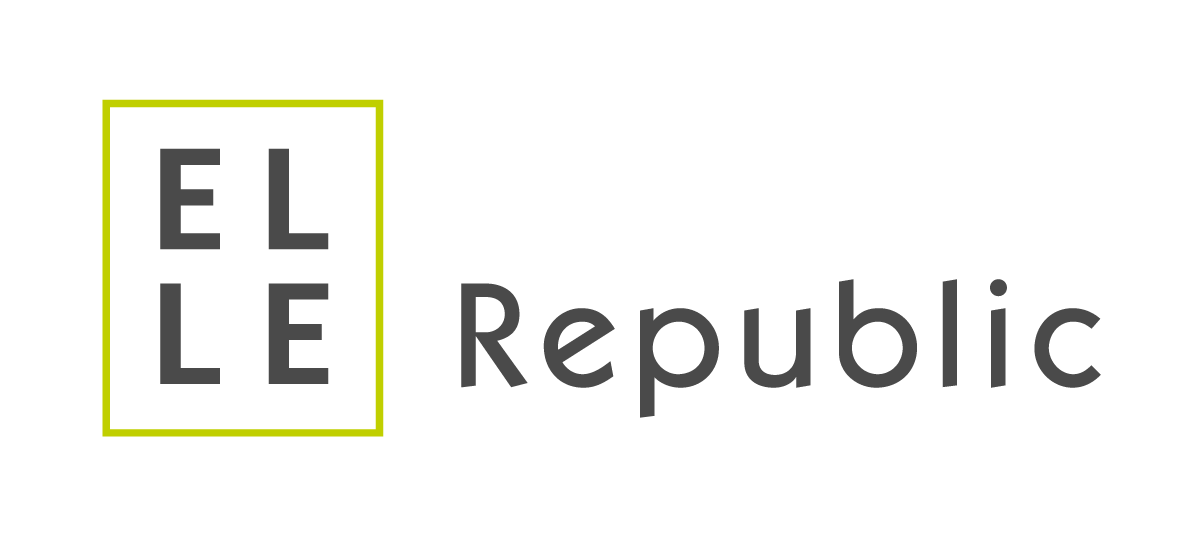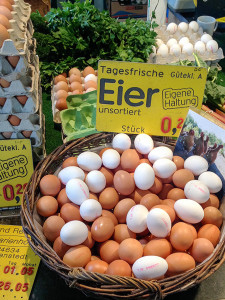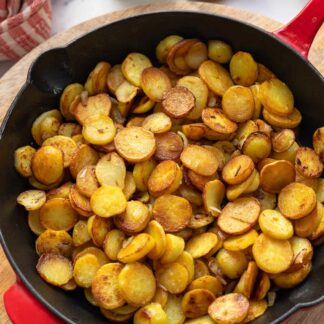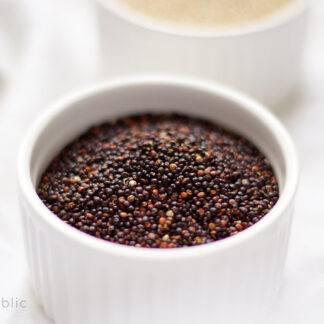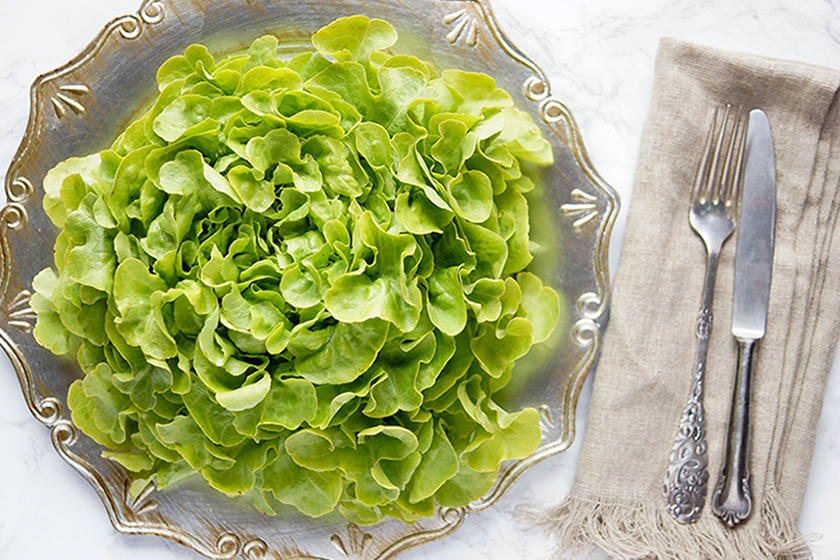
I recently discovered that there is actually a term for people who follow a vegetarian diet 90% of the time (give or take) – it’s called “flexitarian”.
Technically, flexitarian doesn’t actually even fall into any of the many “levels” of vegetarianism, or types of vegetarian diets, but it get an honorable mention — a “very commendable, thanks for trying” type of mention.
Like other “trying” types, I prefer a vegetarian diet but actually enjoy eating outside of these confines from time to time. That’s right, it’s not often, but I get a craving. Perhaps I am closer to being a “flexi-pescatarian”, since I quite enjoy fish. I was actually a pure “pescatarian” for the greater part of a decade. As far as everyone else was concerned that meant “vegetarian”. The vegetarian label can also, at times, be loosely interpreted. If you tell someone that you’re a vegetarian, they may just respond with “but that’s chicken, you eat chicken, right?” so back then, a vegetarian diet including fish was definitely considered “vegetarian” for this West Coast girl.
Which leads me to distinguish between the varying vegetarian categories.
VEGAN:
The crème de la crème of restrictive plant based diets. A true vegan will not eat any animal products or by-products (no meat, fish or dairy–not even a glass of chilled white wine — that’s right, gelatine or other animal-derived agents are used for the clarification or fining of most wine).
VEGETARIAN:
A true vegetarian eats NO meat at all, meaning nothing with eyes — that includes poultry, fish, and shellfish. They follow a plant based diet but do eat dairy and eggs.
FLEXITARIAN (or Borderline Vegetarian):
Is a flexible vegetarian, a.k.a. “vegetarianism with benefits”. Think of it as someone who may spend six-days a week following a healthy, morally upstanding vegetarian lifestyle, and then come the weekend they might just enjoy a juicy burger (and sometimes even bacon — in my case Prosciutto Di Parma) – it’s all in the name – flexible. Technically it’s not considered a “vegetarian” diet. The effort is of course, is as I said, give-yourself-a-pat-on-the-back-commendable!
PESCATARIAN:
Is a type of semi-vegetarian. Pescatarians don’t eat meat or poultry but eat fish and shellfish. In other words, someone that doesn’t eat anything that walks on land.
POLLOTARIAN:
Also refers to a semi-vegetarian diet and in this case to someone who excludes red meat but includes pretty much everything else – yes to: poultry, fish, dairy products and eggs. And as you guessed, the “pollo” prefix in pollotarian literally refers to the word chicken.
Then there are the lacto-ovo variations:
LACTO VEGETARIAN:
Again a semi-vegetarian who does not eat meat, poultry, fish, or eggs. Though, they do consume dairy products such as butter, cheese, milk and yogurt.
OVO VEGETARIAN:
Basically a vegetarian who consumes egg products, but not dairy.
LACTO-OVO VEGETARIAN:
This is the most common type of vegetarian and what most people think of as being vegetarian. “Vegetarian” is usually synonymous with lacto-ovo vegetarian. The “lacto” comes from the Latin for milk, and “ovo” for egg.
Let us not forget a few influencing factors for vegetarianism:
ENVIRONMENTAL VEGETARIANISM:
De facto environmentalists. Agree, there is an increasingly compelling environmental (and moral) argument here.
ECONOMIC VEGETARIANISM:
Eating vegetables because you can’t afford to buy sustainable organic meat. Kidding of course. Though, I would rather abstain than support inhumane industrial farm factories.
MORAL VEGETARIANISM:
They’re vegetarian for moral reasons, which make them better than the rest of us. Be warned, they may pass judgment on us meat-eaters. But I agree, animals should be treated with respect and kindness. Which bring me to….
REDUCETARIANISM:
The simply practice of eating less meat – be it, red meat, poultry, or fish. Reducetarianism is community and movement composed of individuals committed to reducing meat consumption in order to improve human health, protect the environment, and save farm animals. Hashtag — #lessmeat — that basically says it all.
There are a number of reasons make vegetarian meals a larger part of your life. Vegetarian food is good for you (physically and morally), environmental friendly and ethical and it may even save you some money — even if you start by being a weekday or weekend vegetarian. Here’s a great talk on how to start making a difference. Graham Hill, founder of the green news online portal TreeHugger explains in his TED talk how he decided to be a weekday vegetarian.
Here in Germany, according to Allensbach Institute, about 7 million people are vegetarians – that’s around 9% of the total population. For comparison: according to a study of the Society for Consumer Research (GfK) in Nuremberg published in 1983, at that time only about 0.6% of the population was vegetarian. The number of vegetarians in Germany has increased ten fold in the last 20+ years and with the increased enthusiasm for a vegan diet, eating locally and seasonally, plus the mainstreaming of vegetarianism, I expect we will continue to see this number rise. Can’t wait to see if “Denglish” is used for some of the more “modern vegetarian” terms. 🙂

